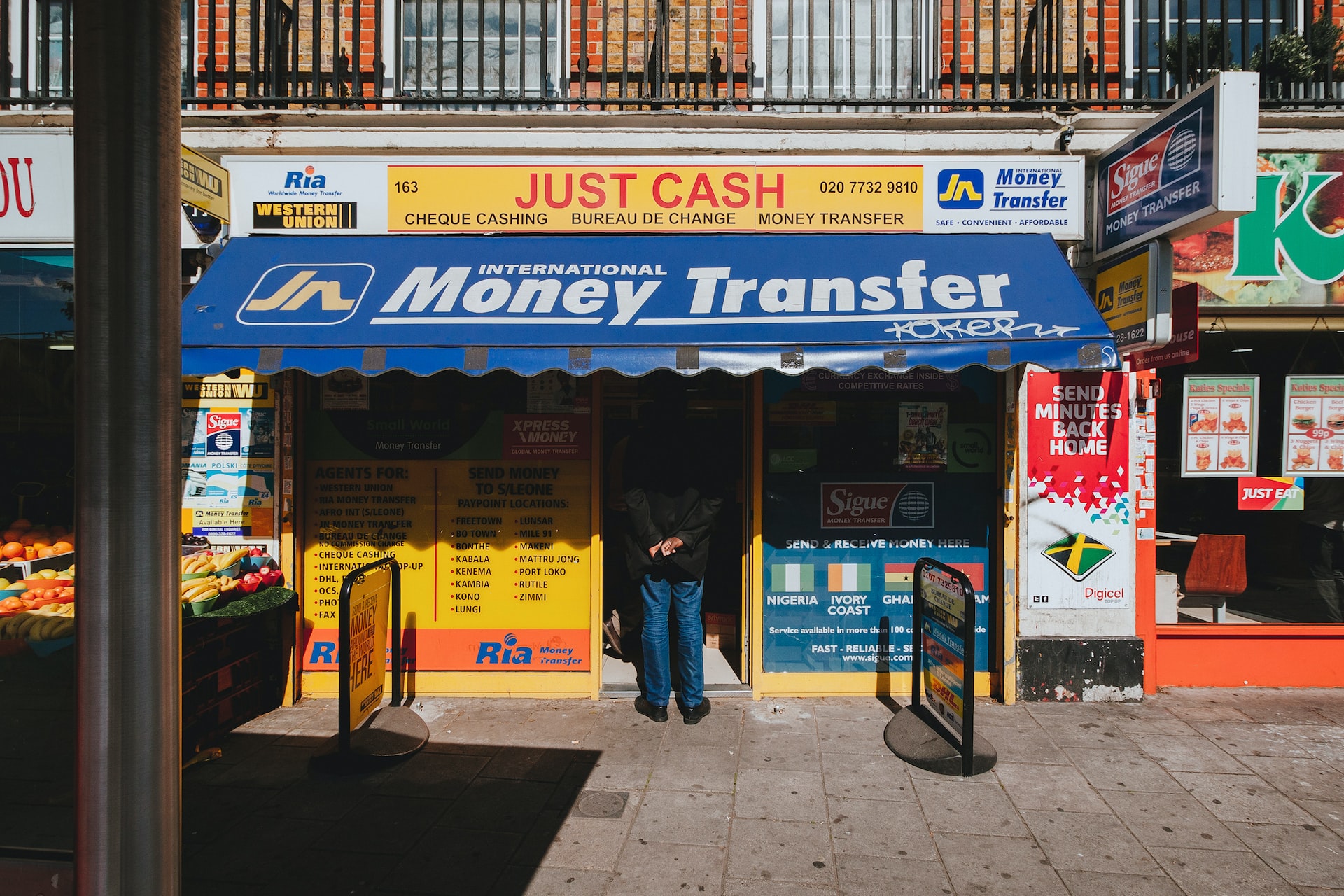The financial world continues to evolve and become more secure for consumers. ACH and direct deposits have made it easier for workers to receive payments and not risk their paychecks getting lost or stolen. Financial institutions have readily adopted electronic solutions such as ACH and direct deposits. These transactions have many similarities and some nuances. We will explore how ACH and direct deposits compare.
What is ACH?
ACH deposits are electronic and eliminate the need for paper checks and cash payouts. The Automated Clearing House network processes these transactions, and you can receive funds in 2-5 days. You won’t have to pay any fees to the clearing house to receive your money.
ACH transactions simplify paydays and can help you receive money faster. This means that you won’t have to wait for a check and make a visit to the bank. In addition, paydays can become more reliable as you get accustomed to ACH deposits. You also use ACH transfers for other payments, such as online payments and automatic contributions.
What is a Direct Deposit?
Direct deposits use the ACH network and replace paychecks and cash. Direct deposits are a type of ACH transfer that focuses on the relationship between an employer and their employees. Government programs rely on direct deposits to pay benefits such as social security to qualifying individuals.
Recipients must provide their bank details to the person sending the money. You will have to provide your bank account number, routing number, the name on your account, and the name of your bank. If you have a check, you can provide that as well. Checks have this information printed on them.
ACH vs. Direct Deposit: Key Differences
ACH and direct deposits are very similar since a direct deposit is a type of ACH deposit. However, these methods of depositing money have some differences.
Usage
ACH deposits cover more ground than direct deposits. While direct deposits cover salaries, government benefits, and other transactions where money gets transferred into your account, ACH deposits cover more electronic transactions.
ACH transactions include when you shop for goods and services online or pay one of your utility bills. These transactions result in ACH debits. An ACH debit takes money out of your bank account to pay the merchant or other entity. Businesses with monthly subscriptions use this model to collect payments to avoid late payments and other challenges. This approach makes business owners less reliant on sending invoices to their customers.
Costs
Most ACH and direct deposits are free, but you can end up with some fees depending on the banks and third parties involved. Banks lay out their fees and other rates before you work with them. If you are not sure about your bank’s approach to fees, you can contact support for more answers. While some transactions may come with fees, you’ll pay less in ACH and direct deposit fees than you would for paper checks or debit and credit cards.
Most banks that charge fees have certain conditions that allow you to waive these costs. You can get various bank fees waived if you know the terms and reach out to customer service. Financial institutions want to keep you as a long-term customer, and waiving some fees can build goodwill. If you have a question about a fee, give your financial institution a call.
Activity
Direct deposits are financial activities that put money into your bank account. For example, you can receive income from your employer or a payment from a friend. These electronic transactions count as direct deposits. ACH transfers are electronic financial transaction that changes your account balance. ACH transfers can increase your account’s balance via direct deposits or decrease your balance via ACH debits.
How Long It Takes
Direct deposits can become accessible within 2-5 business days. You can see the incoming money but have to wait before you can spend it or pay bills with those proceeds. Your bank and the paying party’s bank have to verify the transaction before the funds get transferred.
ACH transfers that qualify as ACH debits must process within the next business day. This rule makes overdraws less likely. If it took 2-5 days for these transactions to process, debit cardholders would have a false sense of security. Delayed transactions would delay low balance alerts you can set up for your debit card. Since each transaction that puts your balance below $0 triggers an overdraft fee, they can add up quickly. Quicker processing times give consumers a better idea of their financial outlook.
ACH vs. Direct Deposit: Key Similarities
ACH and direct deposits both revolve around electronic transfers. They reduce our reliance on cash and paper checks. Money going into your bank account counts as an ACH deposit and a direct deposit since direct deposits are a type of ACH deposit.
ACH and direct deposits are more convenient and secure ways to transfer money. Paper checks and cash can get lost or stolen. Human error can also prolong payments if the check bounces or you receive the wrong amount of cash. ACH and direct deposits enable recurring payments, which reduces the likelihood of human error. In addition, since ACH and direct deposits occur electronically, you don’t have to drive to a local bank to use your money. Avoiding the drive will save the time and money you would spend on gas.
How To Access Your Direct Deposits and ACHs Faster
Direct deposits and ACHs have provided numerous advantages to consumers. Electronic transfers are a more convenient and secure way to receive payments, but this method has some weaknesses. A key flaw is that you have to wait several business days for the transaction to get verified. Until that happens, you cannot use the proceeds from the ACH or direct deposit.
Some people resort to payday loans and car title loans to get earlier access to their deposits. However, these loans have notoriously high-interest rates and come with significant risks. You shouldn’t have to rely on a dangerous loan to get quick access to the money you already earned.







